Bi-weekly news review: October 31-November 14
14 November 2017
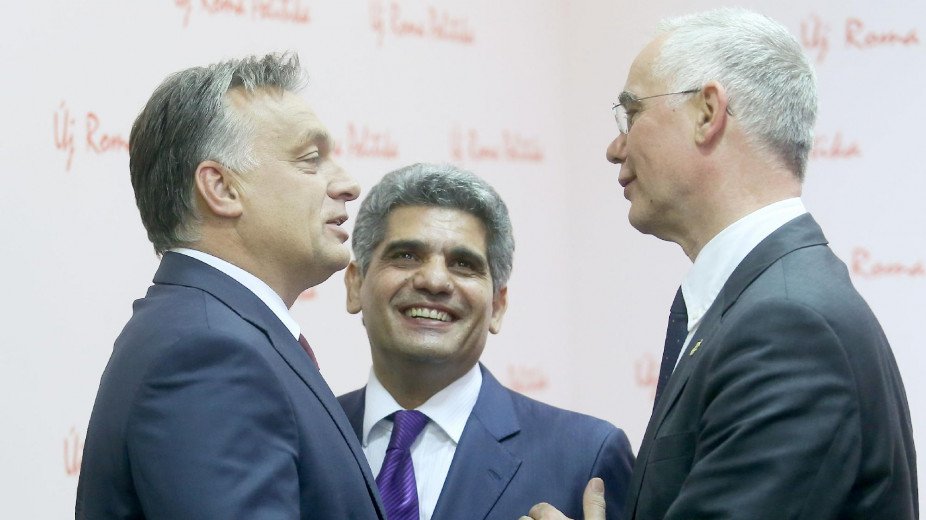
Clean hands – “Only people with clean hands can take part in the political life of the Roma,” said Hungarian minister Zoltán Balog, pictured above with Flórián Farkas and Prime Minister Viktor Orbán.
Welcome to our news digest for the last 14 days, which witnessed racist abuse from footballer’s wives, Czech MPs, and a whole slew of slimebag racists. Also the ERRC and partners published a report on segregation in Macedonian schools, and the European Court of Human Rights ruled in favour of a Romani man brutalized by Hungarian police. Grim news from France in the latest quarterly report released by the ERRC and and the Ligue de droits de l’homme: when the forcible eviction toll hit 4,538. The organisations demanded that President Macron call a winter moratorium and adopt a more humane and sustainable alternative. Amidst all the prejudice and hate speech that surfaced in the media, one item of good news was that grass-roots campaigning against extremism paid off in Slovakia, and the neo-Nazi People’s Party got thrashed in regional elections
October 31: Zoltán Balog Hungarian minister of human resources, declared that the organisation Lungo Drom, headed by Fidesz MP Flórián Farkas, is “the natural representative of Hungary’s Roma.” The minister said Farkas was the first Gypsy leader in Hungary with whom it was possible to cooperate; and with considerable chutzpah, Balog declared that under Farkas, the National Roma Self-Government has enjoyed four “scandal-free” years in its 25-year history. Many citizens are still wondering about the missing millions of EU funds designed for the Roma project “Road to Employment”. For an alternative perspective and some murky background to this ‘cooperation’, see The grand alliance: Viktor Orbán and Flórián Farkas, partners in crime in the Hungarian Spectrum.
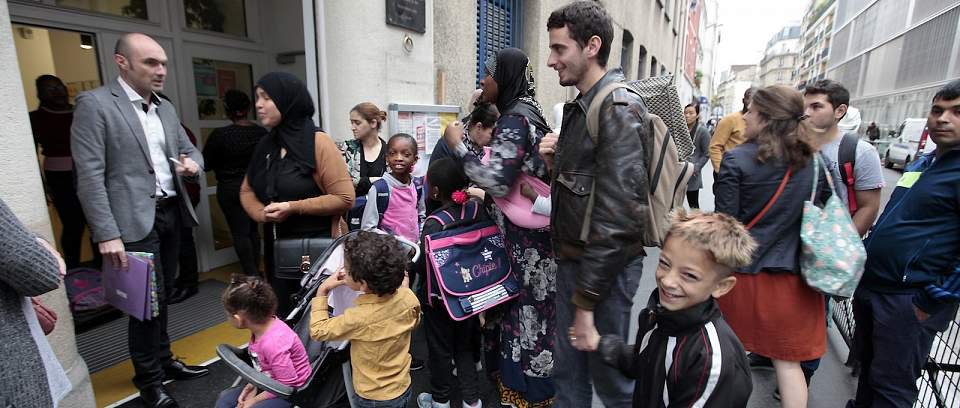
Social worker Philémon (centre) accompanies nine-year-old Darius (right) on his very first day of school in the18th arrondissement of Paris.
October 31: Equal Times reported that in France, 67 per cent of children living in informal settlements do not attend school regularly, and 30 per cent have never been registered – whether in France or in the country of origin. Clotilde Bonnemason, president of the Collectif pour le Droit des Enfants Roms à l’Education (CDERE), accused local councils of deliberately ignoring these communities: “Mayors do not meet their legal obligations by taking a census of all children settled in their district. When people are in regular housing, this is done automatically, but there is no census of those living in squats, shantytowns or on the street. They are simply invisible.” For more on this story check: http://bit.ly/2jp5rfu.
October 31: In Britain, the Jewish Chronicle reported that the Jewish community will work more closely with Gypsy and traveller groups on issues including hate crime and Holocaust remembrance. Following a series of meetings in Leeds, the Board of Deputies said it would be “stand in solidarity” with the groups on shared interests and to combat “obscene” levels of hostility. For more detail on this story check: http://bit.ly/2AFUBpu.
October 31: More than 70 years after the end of World War II, the former Soviet country Moldova is planning to build a new monument to Roma victims of the Holocaust — thanks to local politician Iurii Zagorcea, who has already constructed five monuments to Jewish Holocaust victims, told PRI he’s now collecting donations for a memorial for the Roma.
November 1: In the Czech Republic, Romea.cz reported on the opening of Martin Kout’s trial for offences committed against the Romani Čhavorenge children's choir ensemble at a summer camp. Kout, who was charged with racist abuse, threats and discharging a firearm, claimed he had just been using a gas-fired pistol while training his dog. For more details check: http://bit.ly/2zDOEZR.
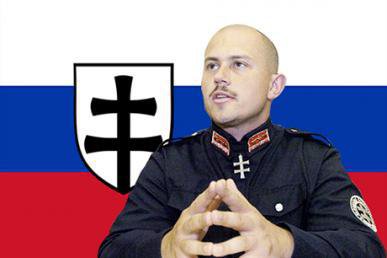
November 5: The Independent Online reported that Slovakia’s neo-Nazi People’s Party took a thrashing in the regional elections, winning only two out of a total 416 seats in regional assemblies. The People’s Party’s election defeat was made even sweeter with the news that chairman, Marian Kotleba, lost his seat as the head of the central region of Banska Bystrica regional government. Much credit due to grass-roots, anti-racist campaigners and voters for their display of good sense.
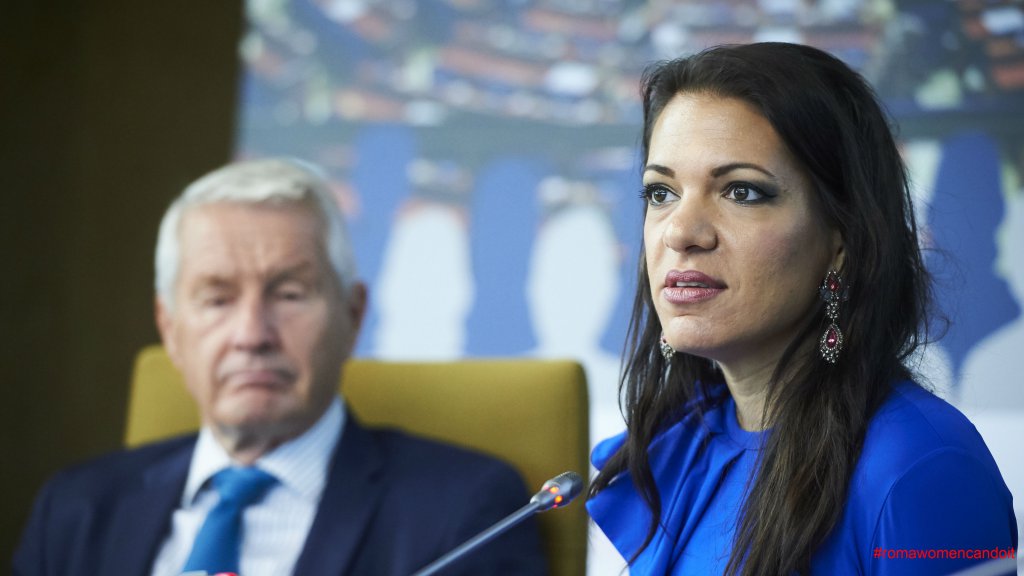
November 6: Secretary-General of the Council of Europe, Thorbjørn Jagland addressed the opening of the Sixth International Conference of Roma Women: “There are the barriers that we all know continue to face many women when it comes to politics, and there is the specific discrimination and difficulties that continue to afflict Roma and Traveller people … too often, too many people still demand that Roma and Travellers should change, but are slow to see the commonalities between us all and the contribution that every community can make to national life – for the benefit of all.”
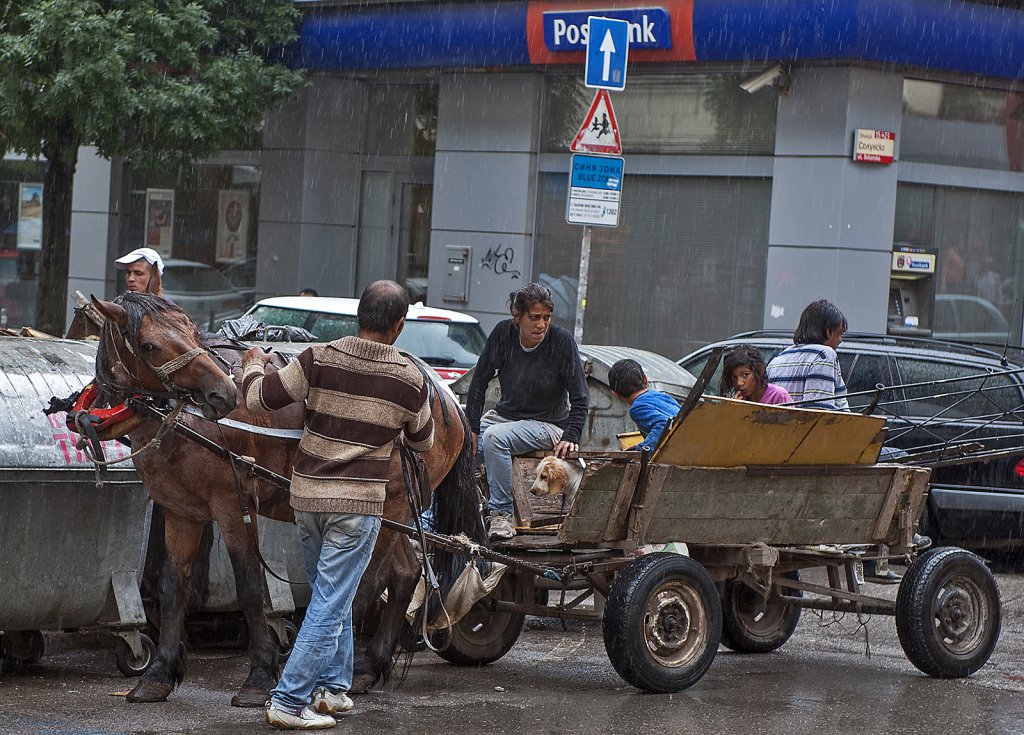
November 7: Horse-drawn carriage ban in Sofia would be “institutionalised racism” according to an opinion piece in the Sofia Globe. Though Roma are not mentioned, it’s clear that they are the targets. The municipality reported that restrictive measures already in place had produced “partial results”.

November 8: Again in the Czech courts: Romea.cz reported that a second person will be charged with making death threats against Romani singer Radoslav Banga because of his stance against the neo-Nazi band Ortel. For background on this story check: http://bit.ly/2zFYCKw.
November 9: In the leafy Cambridge town of Milton in England, a councilor claimed a play area needed to be thoroughly cleaned after traveller children used it - because they are "usually unvaccinated". He sparked outrage after he advised the play area be taped off until cleaning had taken place - as families were simultaneously warned to keep their children away. For the full story check: http://bit.ly/2yy8hBq.

November 9: DW reported that despite deputy prime minister, Valeri Simeonov being found guilty of hate speech against Roma, he has not been asked to step down, and despite protests Simeonov is still the chair the National Council for Cooperation on Ethnic and Integration Issues. In a recent protest, Bulgarian non-governmental organizations issued another demand: that racists should not form part of the government. "For five months now our anger has gone unanswered," said Daniela Michailova, a co-organizer of the protest. For more on this story see: http://bit.ly/2zGeWe7.
November 9: New discrimination research in Ireland shows that Travellers are almost ten times more likely than White Irish to experience discrimination in seeking work. Pavee Point described the finding that Irish Travellers are 22 times more likely than White Irish to experience discrimination in accessing private services as “outrageous”, and called for a National Action Plan Against Racism. For more on this from Pavee Point check: http://bit.ly/2iSgPws.

November 10: Northern Ireland footballer Corry Evans was forced to apologise for his wife’s tweet after Romanian referee Ovidiu Hategan awarded a dodgy penalty to Switzerland. After the match, Lisa ‘No Surrender’ Evans tweeted: “Romanian gypsy c**t!!! And to actually think Northern Ireland has probably homed one of his smelly relatives!! Ungrateful twat!! Anyway onwards and upwards #GAWA”. In his apology, Evans claimed the foul outburst was “not representative of her views”, and once back on Twitter, wife Lisa claimed she “would never condone racism in any way”. That’s very reassuring Lisa!
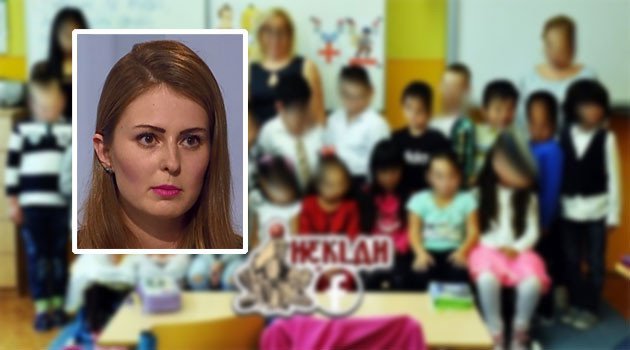
November 11: Newly-elected Czech MP and educator Tereza Hyťhová (Freedom and Direct Democracy - SPD), understands why her people call for the murder of first graders. Following the death threats and other hateful commentaries posted in response to photograph of a first grade class from the Prosetice quarter of Teplice, comprised mostly of Arab, Romani or Vietnamese children, Hyťhová told a reporter “I know Prosetice, because I am from Teplice. I basically know what kind of locality that is … I understand those people … because today the social system is set up so that welfare is being abused exactly by such people who do not go to work and who do not even properly attend school." For the full story check out Romea.cz: http://bit.ly/2yxju5d.
November 13: Romea.cz reported that there was almost no media coverage of a large assembly of 2,000 Romani people in Ostrava, who gathered to mark the 10th anniversary of the European Court of Human Rights judgment DH and others vs the Czech Republic, and to demand equal access to quality education for their children. For more on this see: http://bit.ly/2mmoB6r.




